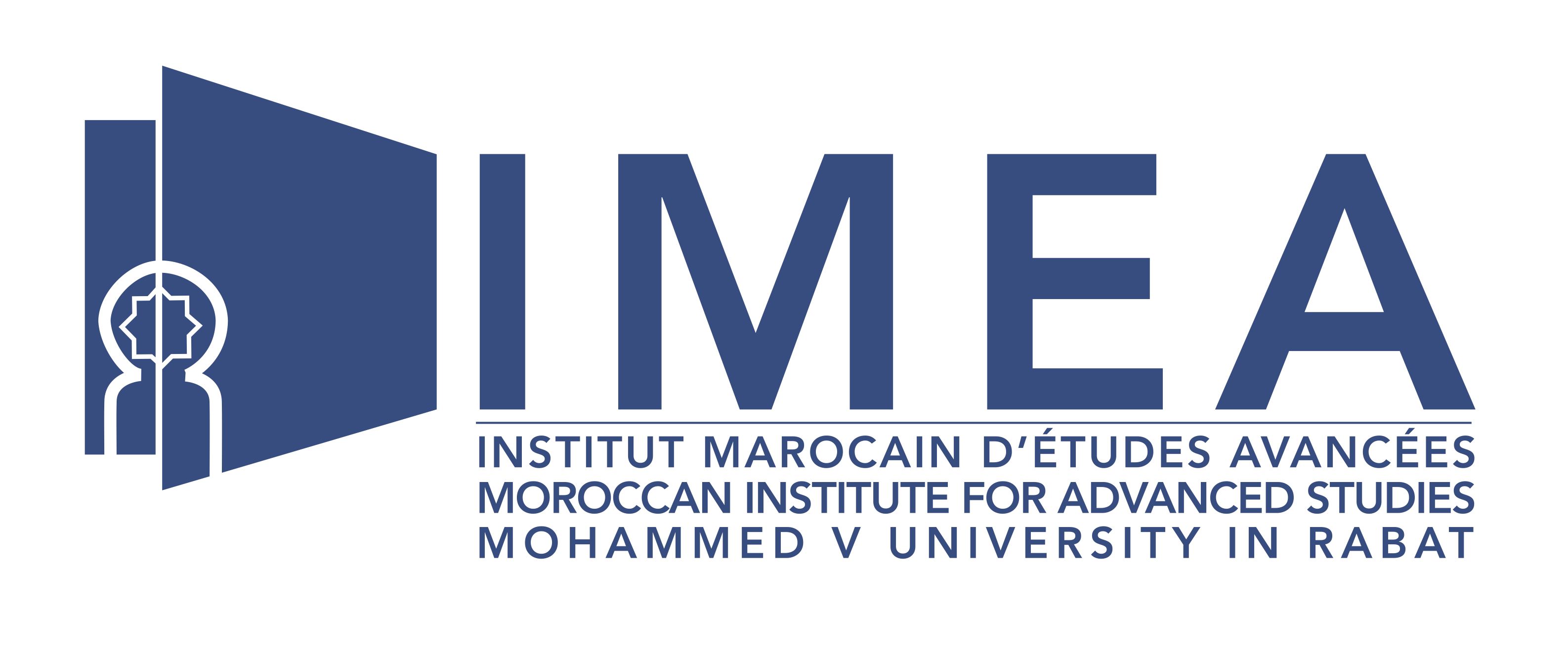The continuum of training “primary, secondary and higher education” presents multiple facets of education policy, the choice and mastery of languages of instruction, and the need to maintain the quality of training despite a rapid increase in the number of students encountered in many countries in Africa. The rise in the quality of teaching content and the increasing internationalisation of the Mahgreb countries in terms of the training and employability of young graduates are the powerful drivers of the profound transformations initiated in training systems, as part of the development of the universities’ social responsibility. A growing place is dedicated to the fight against drop-out during training and to the social inclusion of all citizens, including talents from atypical backgrounds, and the development of personal and professional communication skills is a key element. The main challenges and opportunities for the empowerment and development of these approaches are the respect of the objectives of sustainable development of training, the increasing opening of the Maghreb countries towards the north but also towards the south, and the enormous development potential of the African continent. The equality of women and men in these actions, the ever-increasing share of digital technology and its dedicated tools and applications in these activities of transmitting knowledge and know-how, but also the support and support of these measures through appropriate public policies, are the main principles that guide this first axis.
- Secondary/senior education, skills and opportunities
- Cultural and societal transformations
- Inclusion, innovation and social cohesion
